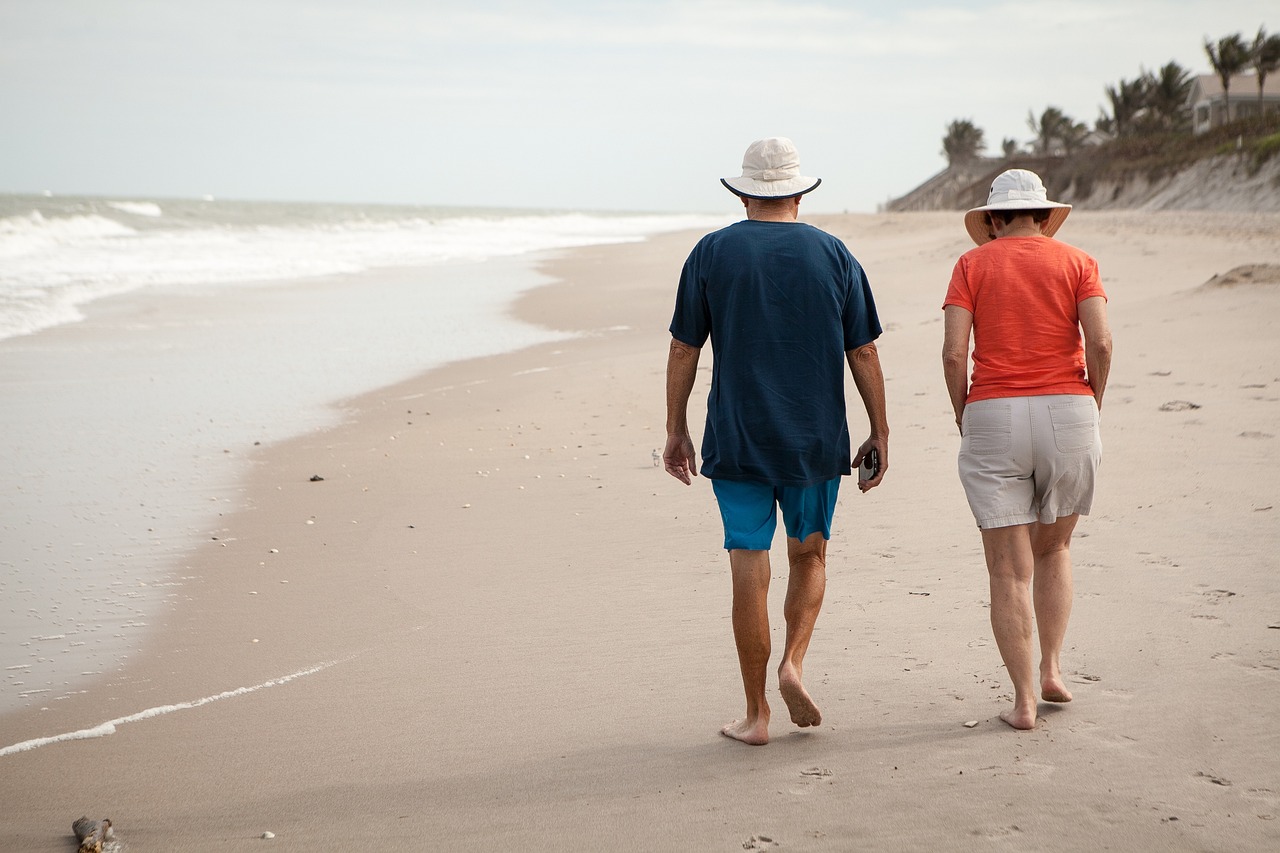
Tunisia enjoys over 300 days of sunshine per year, with warm winters along the coast and hot, dry summers inland. Towns like Hammamet, Sousse, and Djerba offer beach living year-round, while mountainous regions like Ain Draham or Le Kef provide cooler retreats.
Compared to Western Europe or North America, Tunisia is remarkably affordable:
Rent: A furnished apartment near the sea can cost €300–500/month
Groceries, utilities, and healthcare are all significantly cheaper
Domestic help, dining out, and transport are accessible luxuries
Tunisia does not have a specific “retirement visa,” but foreigners can apply for:
Temporary Residency Permit (Carte de séjour) – renewable annually
Long-Term Stay – often granted to retirees with stable income or pension
French, German, Belgian, and Italian retirees are most common due to historical ties and simplified processes.
Foreigners can open foreign currency or convertible dinar bank accounts, allowing for easy pension transfers. It's advisable to work with local banks familiar with expat clients like BIAT, UIB, or Amen Bank.
Tunisia’s healthcare system is a major attraction:
Public hospitals are inexpensive but sometimes lack resources
Private clinics in Tunis, Sousse, or Monastir are high-quality and affordable
Many doctors are French- or English-speaking, trained in Europe
Dental, optical, and surgical care are popular with medical tourists
Some retirees also take international health insurance, though private care without insurance remains very reasonable.
Known for its calm beaches, historic Jewish community, and peaceful lifestyle — ideal for artists and slow-living retirees.
A charming coastal town with a blend of modern comfort and traditional medina living, close to Tunis.
More urban, with shopping malls, international restaurants, and beachfront apartments.
Lesser-known gems with turquoise beaches and affordable real estate.
Places like Testour, Zaghouan, or Takrouna offer mountains, olives, and a true escape from modern stress.
Foreigners can rent freely anywhere in Tunisia. Property purchases are also allowed with government approval:
Apartments are generally easier to buy than agricultural or rural land
Real estate prices are far below EU averages
Legal assistance is strongly recommended
French is widely spoken, and English is growing in urban areas
Tunisians are hospitable and value community – many expats report feeling safe and welcomed
Social clubs, art circles, and local cafés help with integration
You can explore mosaics, medinas, music festivals, and archaeological wonders at your own pace
Bureaucracy can be slow — patience is key
The Tunisian Dinar is a closed currency; currency exchange and remittances must follow regulations
Political and economic fluctuations can affect long-term planning
However, many retirees say the rewards far outweigh the inconveniences, especially for those who adapt well to new environments.
Retiring in Tunisia is not just about saving money — it’s about enriching your life with culture, calm, and sunshine. Whether you dream of sipping mint tea under jasmine trees or exploring Roman ruins at sunrise, Tunisia offers an inviting, authentic experience.
For the open-minded and adventurous, this North African jewel could be your ideal retirement destination.